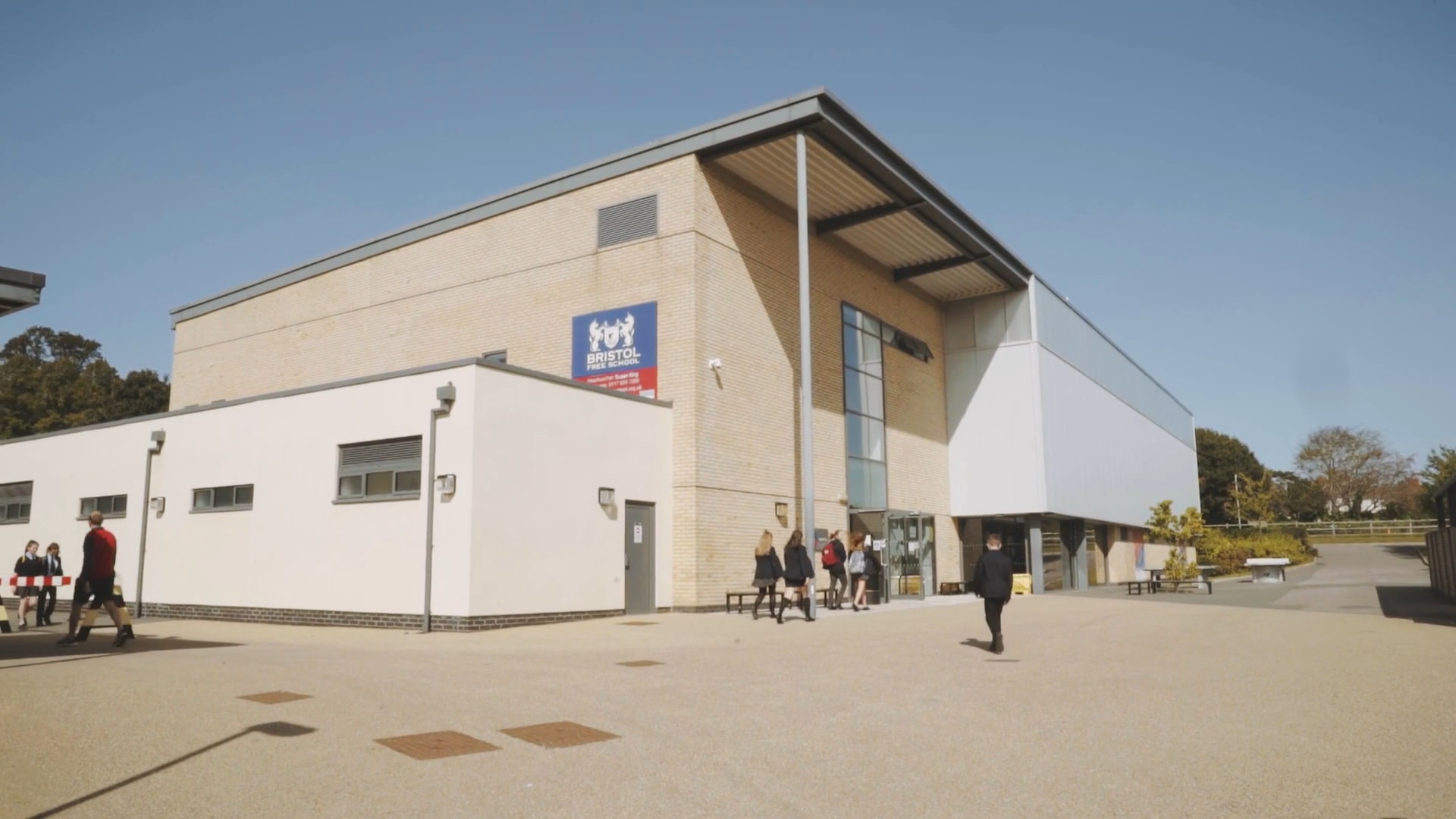
In one half of the course, you will study an anthology of cutting edge modern poetry, covering themes ranging from cannibalism to body image.
In the other half, you will study the Gothic classic "Frankenstein", and debate man's right to play God.
The texts are assessed formally through regular essays, marked against exam criteria.
The Industrial Revolution began in the 18th century in Great Britain. It was only It the first stepping-stone to the modern economic growth that is still growing to this day. While the nation was changing, so was the way that literature was written.
A sentimental longing or wistful affection for a period in the past.
Feeling like you fit in with a place or group.
The physical world, can include: plants, animals, weather.
A literary, artistic, and philosophical movement originating in the 18th century. Often focussed on autobiographical material, thoughts and feelings, common human values, and an appreciation of nature.
All texts explore the individual in society, looking at empathy, and relationships.
Discussion of moral issues helps students explore preconceptions.
You will read Tennessee Williams' classic play "A Streetcar Named Desire", packed full of disturbing themes and iconic images.
You will also read "Never Let Me Go", a novel by Nobel Prize winner Kazuo Ishiguro. This 2005 dystopian novel is set in a world where clones are farmed for their donatable organs.
Essays are set and marked according to the exam criteria.
A chronological narrative is a story told in the order that events happened. A non-chronological narrative may start in "the present" before using a flashback to talk about events in the past.
Motif is a literary technique that consists of a repeated element that has symbolic significance to a literary work. Sometimes, a motif is a recurring image. Other times, it's a repeated word, phrase, or topic expressed in language.
A story, poem, or picture that can be interpreted to reveal a hidden meaning, typically a moral or political one.
In literature - a foil is a character who contrasts with another character. Typically, a character who contrasts with the protagonis (main character), in order to better highlight or differentiate certain qualities of the protagonist.
Who has this been written for? Older people? Younger people? People with an interest is something?
A very bad or unfair society in which there is a lot of suffering, especially an imaginary society in the future, after something terrible has happened
Both texts are about the individual in society.
Discussions of right and wrong are implicit in the learning experience.
You will continue your study of "A Streetcar Named Desire" and will compare the treatment of key themes across "Frankenstein" and "Never Let Me Go".
A supporting character who is needed to advance the plot, or reveal crucial details, but the audience does not know much about them.
How does Williams use music on the stage? Think about the Varsouviana Polka, and the songs the Blanche sings.
The state of relying on or being controlled by someone or something else.
The beliefs or opinions that are generally held about someone or something. In 'A Streetcar Named Desire' Blanche tries to escape her reputation, whereas the men try to build a strong, dominating masculine reputation.
A poem written in elegiac couplets. Or a poem of serious reflection, typically a lament for the dead.
Existence or experience beyond the normal or physical level.
A deceptive appearance or impression. Also perceived within Williams' play as fantasy. Blanche creates a false sense of herself, however it may not be entirely deceptive, as it is her version of reality.
Showing or feeling active opposition or hostility towards someone or something. Many of Williams' characters have an antagonistic relationship with Blanche, as she is from a different life and holds different ideals.
The state of things as they actually exist, as opposed to an idealistic or notional idea of them. In Williams' play Stanley wants to expose Blanche and show the real her.
Williams' play is largely set within the home of Stella and Stanley, and revolves around their interactions with each other and their friends. It involves domestic disputes and relations and also exposes the domestic issues of the other characters.
Preconceived opinion that is not based on reason or actual experience. In Williams' play Blanche is prejudiced against Stanley and his friends, but equally Stanley acts against Blanche from the start.
The way characters present themselves in terms of sex. Williams' play is centred around this and sex, and it is important to understand how the characters act, and how they wish to be perceived to understand their agendas.
How does Williams use lighting on the stage? Blanche covers the light with a paper lantern. The use of the red light in the poker game. Also references to the light like Allan's suicide.
As term 2
As term 2
You will be guided in exploring a theme across texts, and will write an extended essay analysing the presentation of this theme.
Coursework accounts for 20% of the qualification's final grade.
Students are able to explore issues that most interest them, looking at how different authors explore similar problems or crises.
As well as continuing with your independent study, you will revise key areas of the examined texts.
Essays marked to exam criteria.
As terms 1-4
As well as completing your exams on all key texts studied so far, you will begin to learn about a Shakespeare text, and pre-Twentieth Century poems.
End of year exams
Yr 13 texts look at the cultural and historical backgrounds which have shaped today.
Collaborative learning techniques help encourage teamwork.